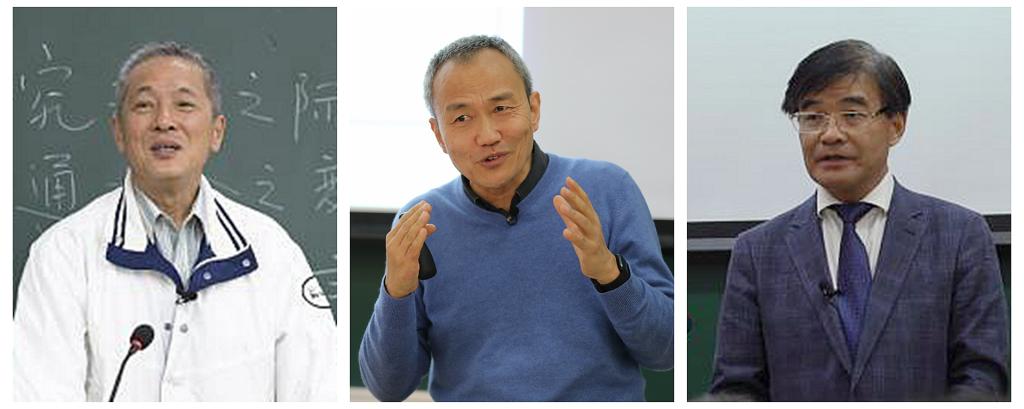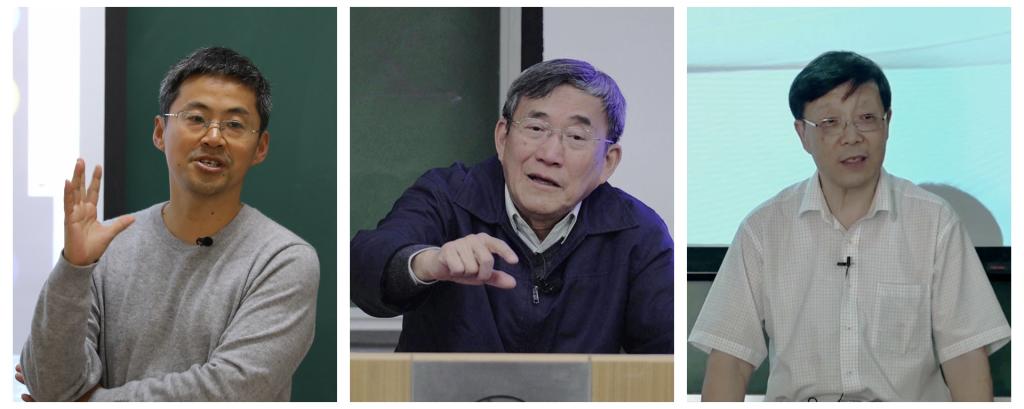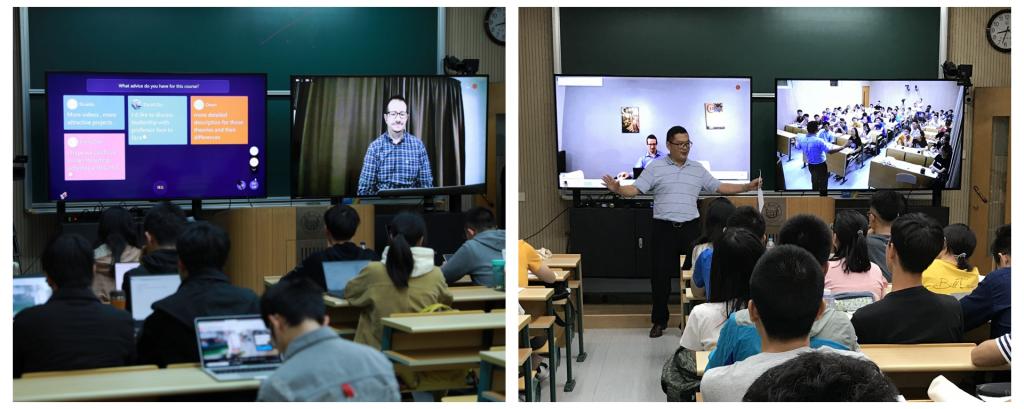Seven general courses of excellence produced by Superstar Group, a national course sharing platform, are open to students again at Tongji as selective courses for this semester. The courses in history, humanities, economics, physics, biology and entrepreneurship, have attracted more than 300 students from different majors and grades at Tongji.
Since the autumn semester of 2018, the following courses have been on the university curriculum. They are Introduction to Classics of the Twenty-four HistoriesⅠ by Prof. HAN Sheng from the Department of History, Fudan University; Chinese Historical Geography by Prof. GE Jianxiong, Fudan University; Interpretations of China with Economic Wisdom by Prof. SHI Lei from the School of Economics, Fudan University; Humanistic Physical Science by Prof. JIN Xiaofeng from Department of Physics, Fudan University; Mystery of Cerebrum: Introduction of Neuroscience by Prof. YU Hongbo from School of Life Sciences, Fudan University; Life for Entrepreneurship by Prof. GU Jun from Department of Sociology, Shanghai University; and Leadership in Global Development by Prof. Carlos from W. P. Carey School of Business of Arizona State University, USA. These well-known teachers have further enriched the general education resources of Tongji University through an integration of online and offline courses, and on-campus and off-campus teaching methods, which provide students with more choices.


With classrooms as the core of teaching and learning, these general selective courses are supported by on-campus teachers and teaching assistants. Through the integrated means of online learning, offline flip, and face-to-face tutorials, these courses have successfully broken the limitations in time and space for traditional teaching and formed teaching and learning communities where teachers and students can help improve each other by focusing on communication between inside and outside classrooms as well as on formative assessment. The learning and assessment mechanism including the whole process of before, during and after class has encouraged students to learn independently and brought a new learning experience to them.
